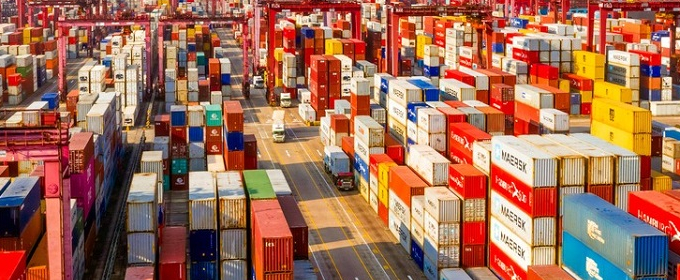The NHS 10 Year Plan outlines a strategic vision for the NHS workforce, which aims to create a more motivated and skilled workforce by 2035, achieved through personalised career development plans and a shift from ‘train to role’ towards ‘train to task’. Here, Dr Imelda McDermott and Dr Sharon Spooner provide lessons learned from their […]









